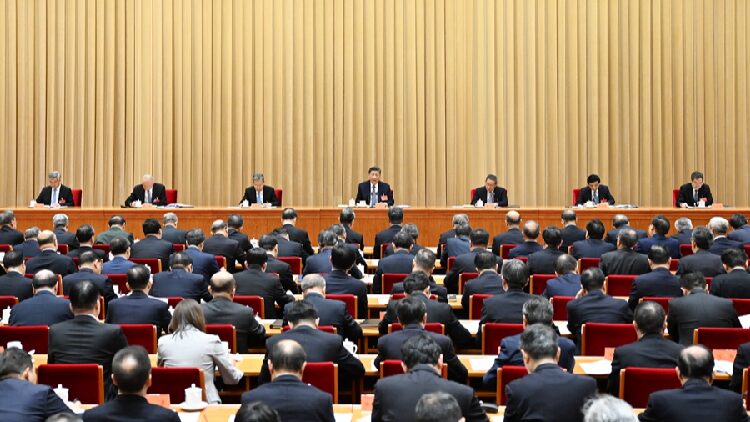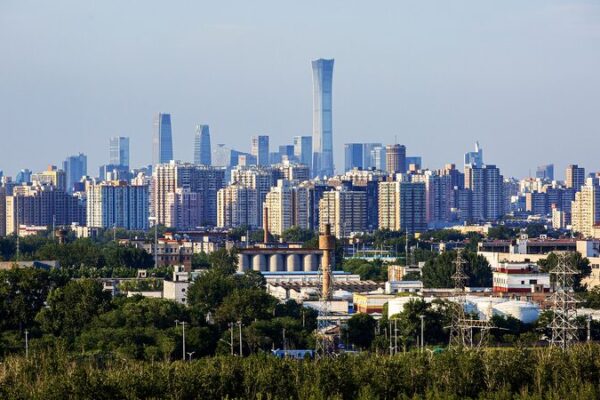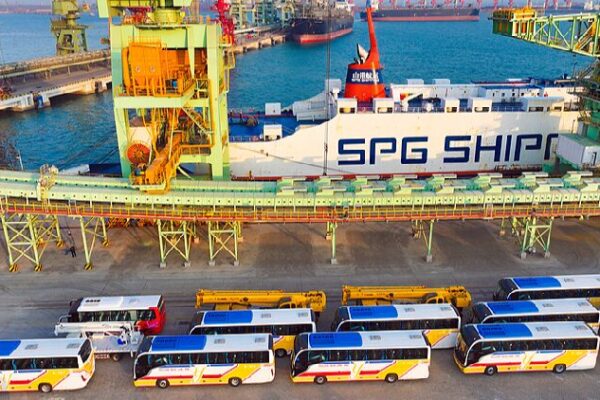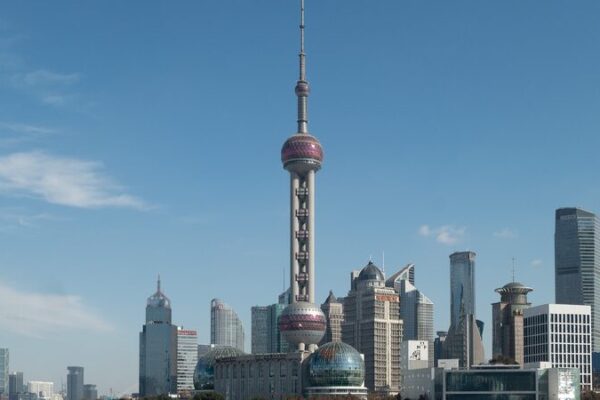China has taken a significant step towards shaping its economic future by outlining proactive macroeconomic policies for 2025. During the Central Economic Work Conference held in Beijing, leaders emphasized the need to boost domestic demand, innovate technologically, and stabilize key markets.
Central Economic Work Conference Sets the Tone
The Central Economic Work Conference, a pivotal annual meeting, gathered China’s top leaders to set the economic agenda for the upcoming year. President Xi Jinping delivered an important speech highlighting China’s commitment to maintaining economic stability amid global challenges.
Moving Towards Proactive Fiscal and Monetary Policies
In a notable shift, China plans to adopt a “more proactive” fiscal policy. This includes increasing the deficit ratio and issuing long-term special treasury bonds, providing the government with greater flexibility to support economic growth.
On the monetary front, the country signals a transition from a “prudent” to a “moderately loose” stance. The People’s Bank of China may lower reserve requirement ratios and interest rates when necessary to ensure sufficient liquidity in the financial system.
Driving Domestic Demand and Innovation
Boosting consumption is at the heart of China’s 2025 economic plans. The government aims to expand domestic demand by encouraging consumer spending and improving investment efficiency. With programs like the nationwide consumer goods trade-in initiative, China demonstrates its commitment to unlocking the potential of its vast market.
Technological innovation and industrial integration are also key priorities. By promoting the development of new quality productive forces, China seeks to strengthen its position in the global economy and drive sustainable growth.
Enhancing Global Cooperation and Opening Up
China reaffirms its dedication to high-level opening up and international cooperation. President Xi emphasized that China’s development is open and inclusive, offering more opportunities for other countries to share in its growth.
Starting December 1, China has granted zero-tariff treatment to all least developed countries with which it has diplomatic relations. This move is expected to facilitate greater market access for these nations, fostering mutual development and prosperity.
Stabilizing Key Markets and Addressing Risks
The conference also highlighted the importance of maintaining stability in the real estate and stock markets. By guarding against potential risks and external shocks, China aims to foster a healthy economic environment that supports ongoing recovery and growth.
As China navigates complex domestic and international landscapes, its proactive approach to economic policy sets the stage for continued progress. The strategies outlined at the Central Economic Work Conference signal a commitment to innovation, openness, and shared prosperity.
Reference(s):
China maps out 2025 economic plans, vows more proactive macro policies
cgtn.com








